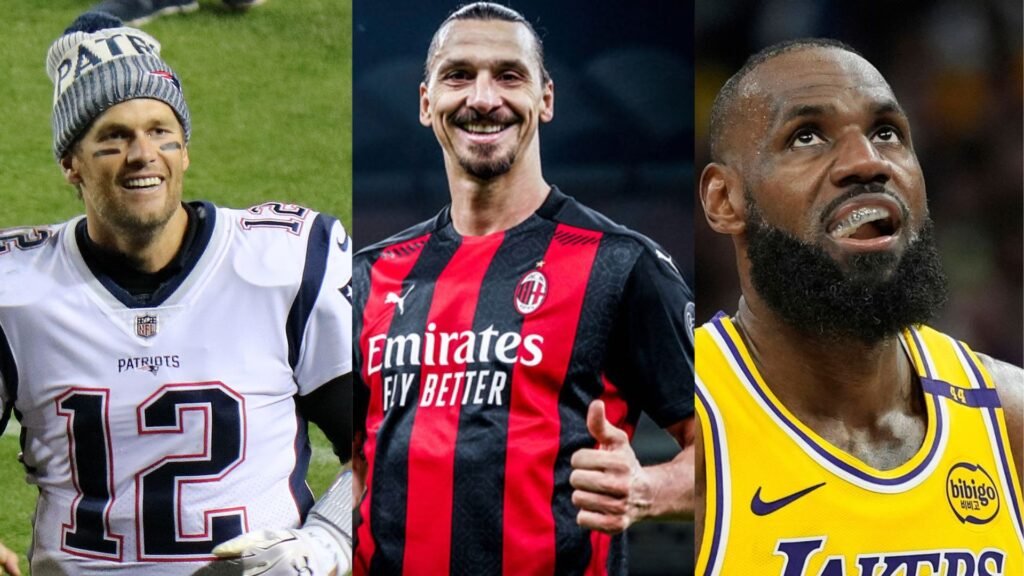
Please be very aware that this information is neither intended nor implied to be a substitute for professional medical advice. Always seek the advice of your doctor or other qualified health professional before starting any new treatment or with any questions you may have regarding a medical condition.
The meaning of MCL refers to the medial collateral ligament, one of the four key ligaments that stabilize your knee. It runs along the inner side of the joint and helps prevent the knee from bending inward.
See our guide on How to Sports Tape a Knee with video tutorials.
When someone talks about an MCL injury, it usually means the ligament has been stretched, sprained, or torn—often from a direct blow to the knee, sudden change of direction, or awkward landing. For athletes, this type of injury is especially common in sports like football, basketball, rugby, and soccer.
Our sports tapes are trusted by athletes for stability, recovery, and performance.
MCL injuries are usually classified into three grades depending on severity:
One of the most common questions is about sprained MCL recovery time. Recovery depends on the injury grade:
For athletes, preventative taping with rigid sports tape or kinesiology tape can provide extra stability during training or return-to-play.

While tape isn’t a cure, it’s a proven way to support the knee joint during recovery and prevent re-injury.
Explore the full Pillar Sports tape collection to stay #StrappedAndReady for every game and training session.
The meaning of an MCL injury is more than just a medical definition—it’s a reality many athletes face. Whether it’s a mild sprain or a complete tear, recovery requires patience, treatment, and often preventative measures like taping.
As the stories of Tom Brady, Zlatan Ibrahimović, and others show, coming back stronger is possible. With the right care, support, and products, athletes at every level can protect their knees and continue to perform.
Don’t let a knee sprain hold you back. Explore our full range of sports tapes designed for every level of play.
This site is protected by reCAPTCHA and the Google Privacy Policy and Terms of Service apply.

Grab HK$20 OFF your first order of performance-tested tape & gear.
*when you spend HK$300 or more.*
Join 1,000+ athletes already training with Pillar Sports tape.
No spam. Unsubscribe anytime.